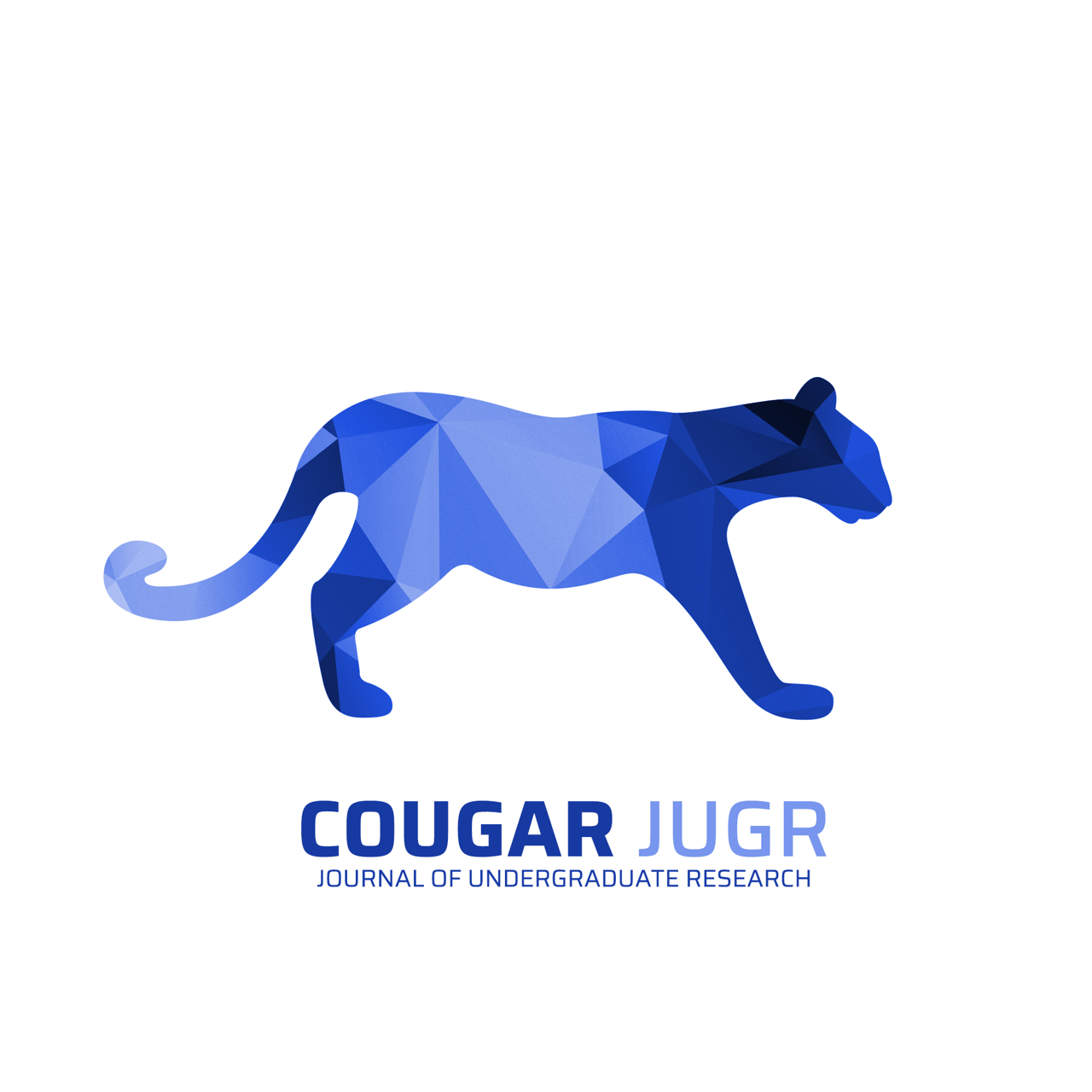Rumen Microbiome Gene CJD5-110 Encodes A Cellulase
Abstract
Climate change, primarily propelled by fossil fuel combustion and resulting greenhouse gas emissions, poses a significant threat to the environment. In response to this challenge, bioethanol has emerged as a promising alternative to conventional fuels due to its renewable nature and reduced carbon footprint. The pivotal step in bioethanol production involves the enzymatic hydrolysis of cellulose, a constituent of plant cell walls. The objective of this study was to discover novel cellulase genes from cellulolytic bacteria present in the cow's rumen. The target gene, CJD5-110, was initially isolated from the cow's rumen, and upon sequencing, it was identified to originate from Lachnospiraceae Bacterium, commonly found in the intestinal microbiota of humans and mammals. Subsequently, the gene of interest, CJD5-110, was integrated into a vector and transformed into E. coli BL 21 cells. The protein extract derived from these E. coli cells, containing the CJD5-110 gene, demonstrated the ability to degrade cellulose. In conclusion, our study successfully identified the gene CJD5-110 as a novel cellulase gene.
Additional Files
Published
Issue
Section
License
Authors retain copyright of their work. All submissions will be Open Access and distributed under the terms of the Creative Commons Attribution (CC BY) 4.0 license, which permits unrestricted production, distribution, and adaptation, provided that citation of the original work is included.

.jpg)
